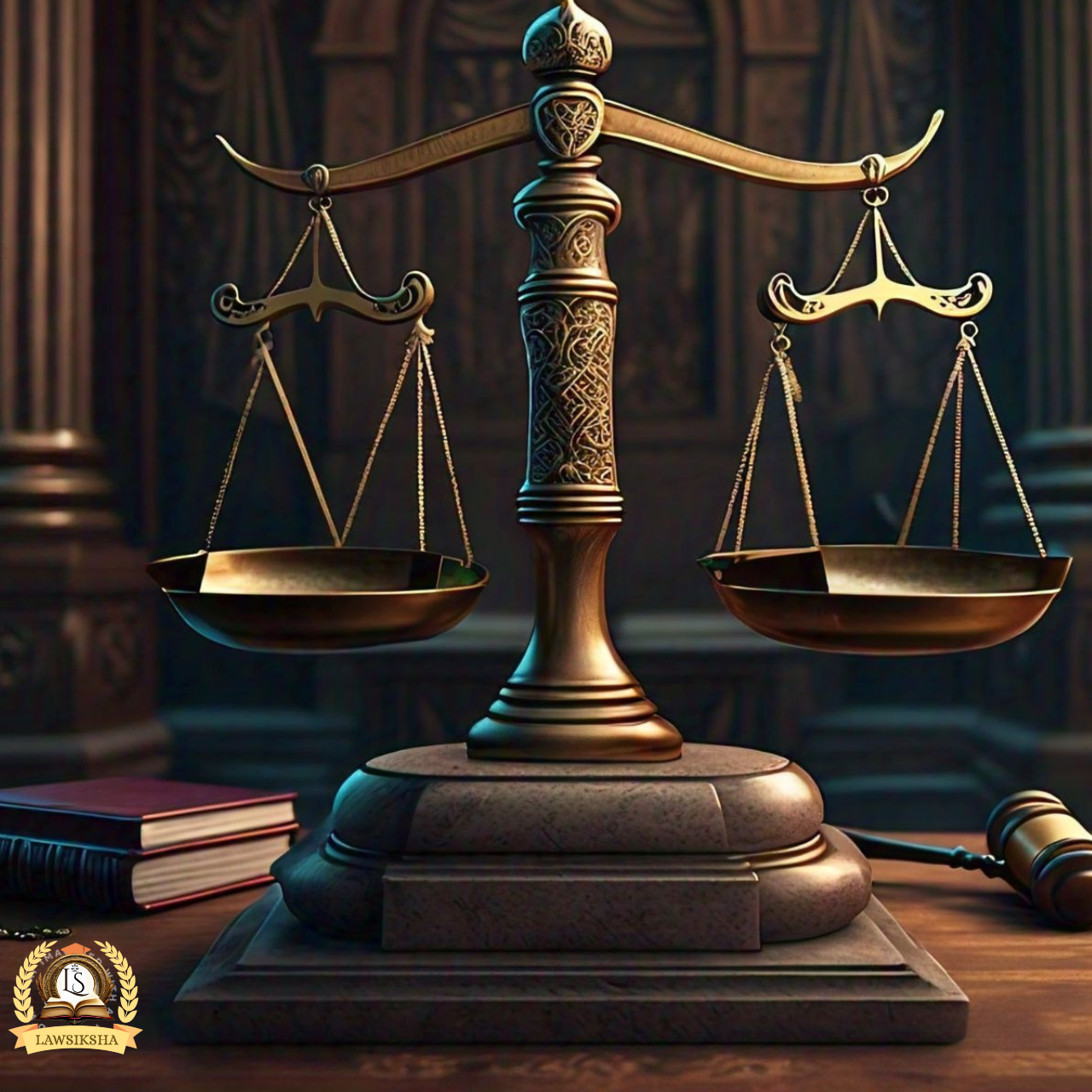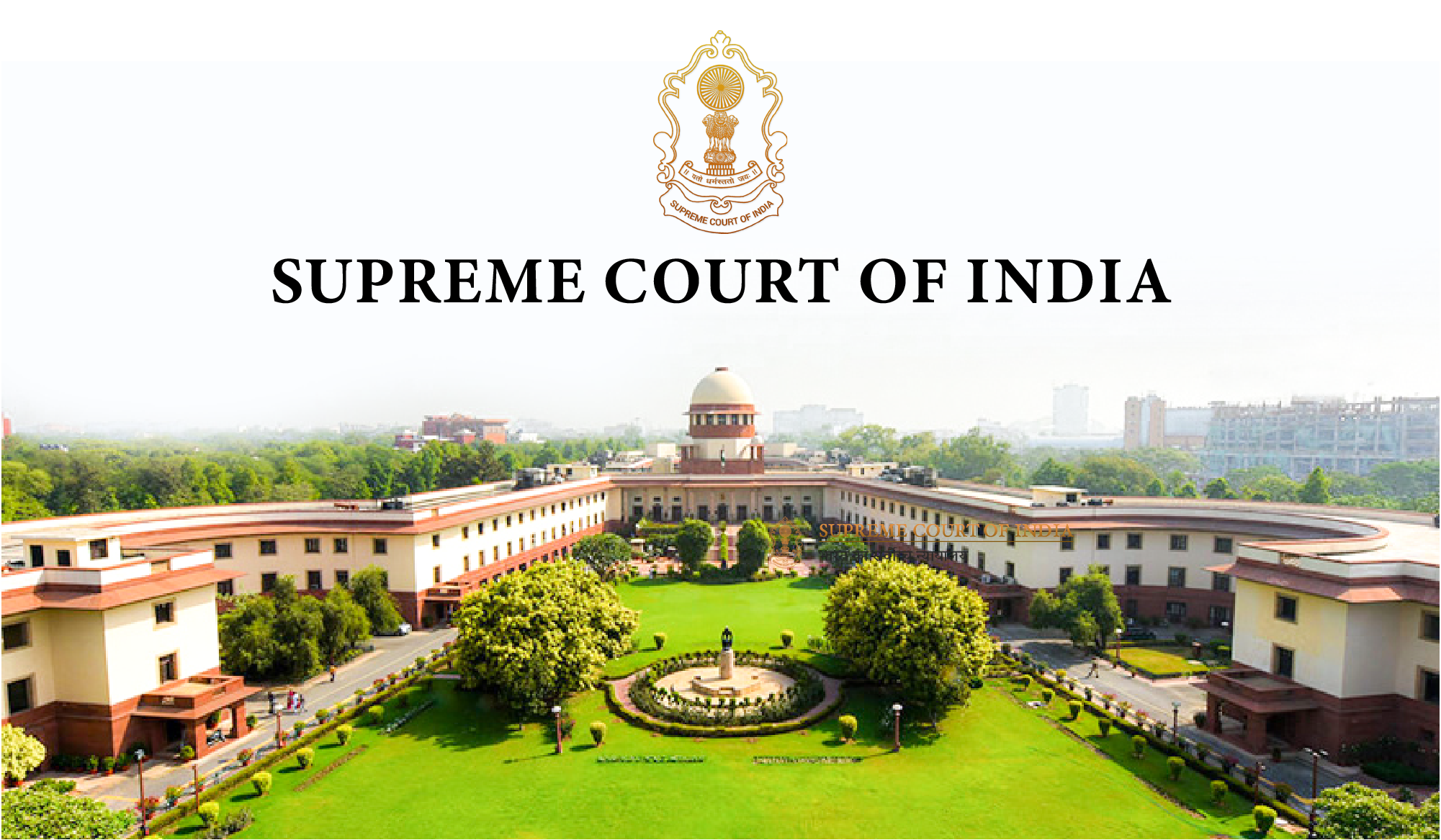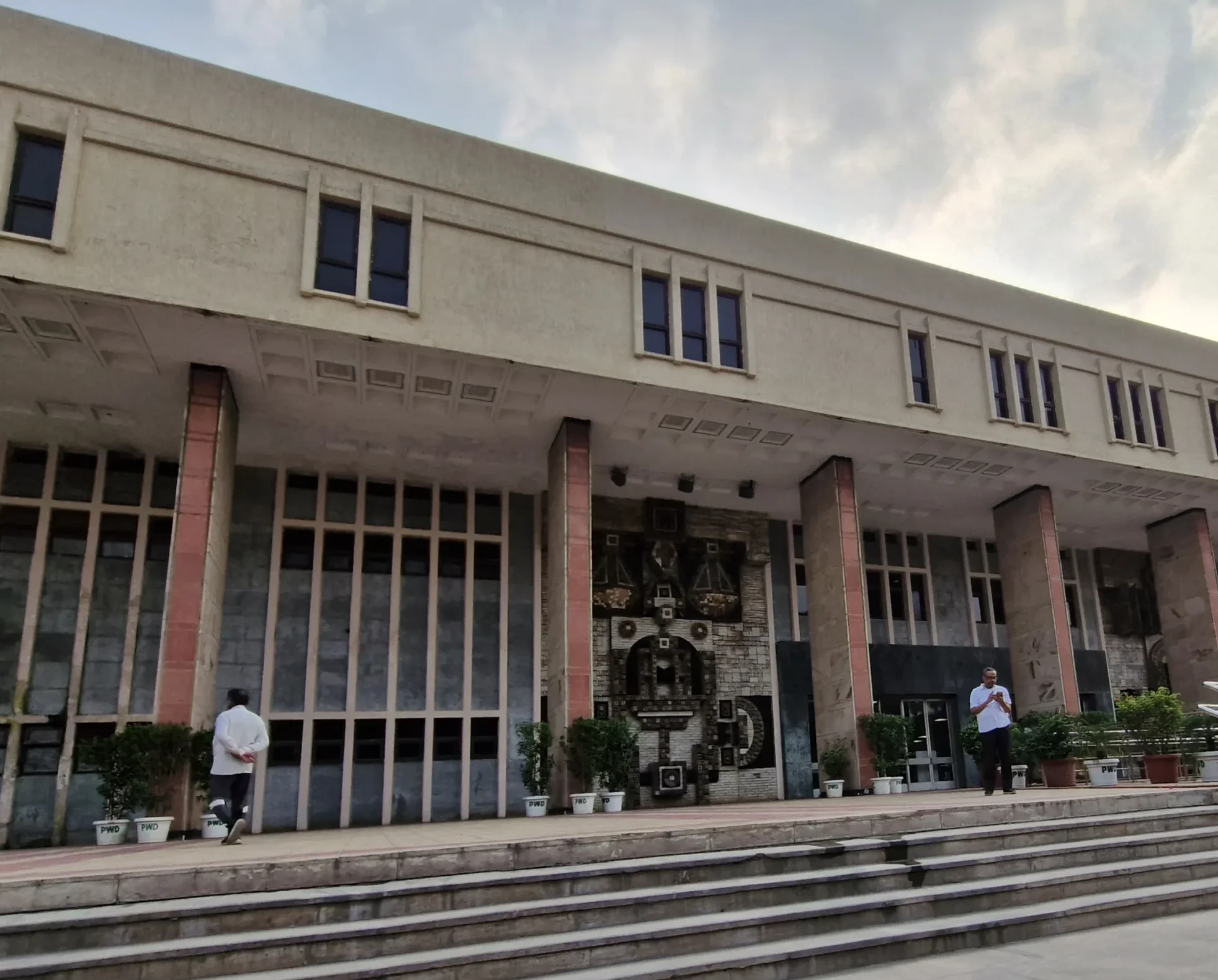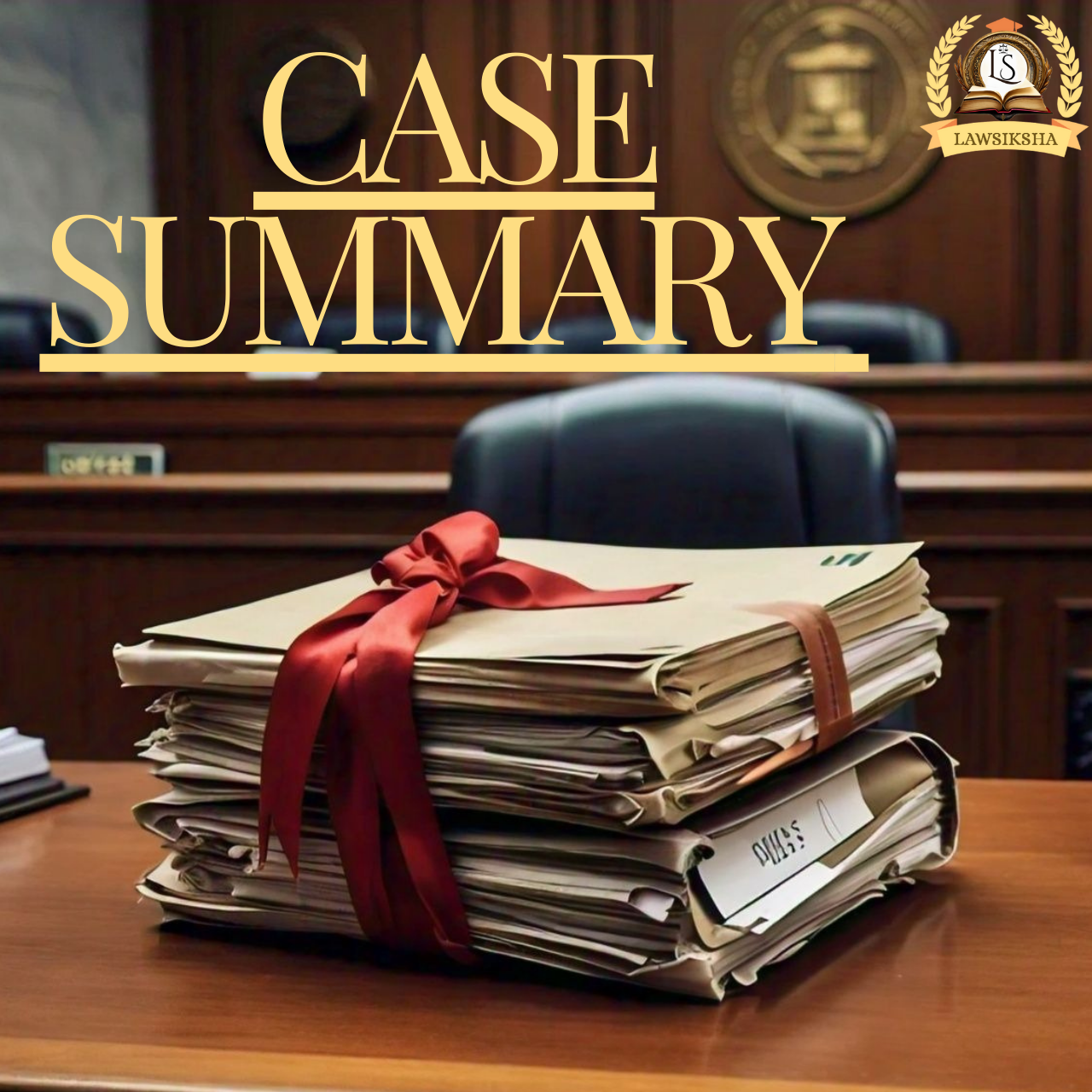Table of Contents
ToggleSPEEDY TRIAL: A Fundamental Right

Introduction to the Right to a Speedy Trial
The right to a speedy trial is a crucial aspect of the criminal justice system, rooted in the principles of fairness and justice. This right is fundamental in ensuring that accused individuals are not subjected to prolonged uncertainty and anxiety due to delays in the judicial process. In India, the right to a speedy trial is considered an integral part of the right to life and personal liberty under Article 21 of the Constitution. This article explores the legal foundation of the right to a speedy trial in India, its implications, relevant case laws, and a comparative analysis with international standards.
Legal Foundation of the Right to a Speedy Trial in India
The right to a speedy trial in India is not explicitly mentioned in the Constitution but has been interpreted as a part of the right to life and personal liberty under Article 21. The Indian judiciary has emphasized this right in several landmark judgments, recognizing it as an essential component of a fair trial.
One of the most significant cases in this regard is Hussainara Khatoon v. State of Bihar (1979), where the Supreme Court of India highlighted the plight of undertrial prisoners who were languishing in jails for extended periods due to delays in their trials. The court ruled that the right to a speedy trial is a fundamental right under Article 21 and that the state has an obligation to ensure that this right is not violated.
Implications of Delays in the Judicial Process
Delays in the judicial process can have severe consequences for the accused, the victims, and the criminal justice system as a whole. For the accused, prolonged detention without trial can lead to significant mental, emotional, and physical distress. It also results in the loss of personal liberty and can cause irreparable harm to the individual’s reputation and social standing.
For victims, delays in the trial process can lead to a sense of injustice and frustration. It can diminish their faith in the legal system and, in some cases, cause further trauma. Moreover, when cases drag on for years, key evidence may be lost, and witnesses may become unavailable, ultimately affecting the outcome of the trial.
From a broader perspective, delays in the judicial process can lead to overcrowded prisons, a backlog of cases, and a loss of public confidence in the criminal justice system. This not only undermines the rule of law but also hinders the effective administration of justice.
Case Laws on the Right to a Speedy Trial
Several landmark judgments in India have reinforced the importance of the right to a speedy trial. Apart from Hussainara Khatoon, other notable cases include:
Sheela Barse v. Union of India(1986):
In this case, the Supreme Court emphasized the need for expeditious trial proceedings, particularly for women and children in custody. The court directed that these cases should be disposed of promptly to prevent undue hardship.
Raj Deo Sharma v. State of Bihar(1998):
The Supreme Court set guidelines for speedy trials, stating that if the prosecution is unable to produce its witnesses within two years in sessions trials and one year in magistrate trials, the accused should be released on bail unless the delay is caused by the accused.
A.R. Antulay v. R.S. Nayak (1992):
This case dealt with the issue of excessive delay in trial and held that the right to a speedy trial is a part of the right to life and personal liberty under Article 21. The court observed that the accused has the right to demand a speedy trial, and it is the duty of the state to ensure that this right is not infringed.
Comparative Analysis with International Standards
The right to a speedy trial is recognized globally as a fundamental human right. Article 6 of the European Convention on Human Rights (ECHR) guarantees the right to a fair and public hearing within a reasonable time by an independent and impartial tribunal. Similarly, the Sixth Amendment to the United States Constitution provides for the right to a speedy and public trial in criminal prosecutions.
In the United States, the Barker v. Wingo (1972) case established a balancing test to determine whether a defendant’s right to a speedy trial has been violated. The test considers factors such as the length of the delay, the reason for the delay, the defendant’s assertion of the right, and the prejudice caused to the defendant by the delay.
In the United Kingdom, the Criminal Procedure Rules ensure that cases are handled expeditiously, and undue delay is minimized. The right to a speedy trial is also a part of the broader human rights framework under the Human Rights Act 1998, which incorporates the ECHR into UK law.
Reforms and Future Outlook
In India, various measures have been proposed and implemented to address the issue of delays in the judicial process. These include the establishment of fast-track courts, the introduction of plea bargaining, and the use of technology to streamline court procedures. However, more needs to be done to ensure that the right to a speedy trial is fully realized.
Judicial reforms, such as increasing the number of judges, improving court infrastructure, and adopting alternative dispute resolution mechanisms, are essential to reduce the backlog of cases and expedite the trial process. Additionally, public awareness and legal aid initiatives can empower individuals to assert their right to a speedy trial.
Conclusion
The right to a speedy trial is a vital aspect of the criminal justice system, safeguarding the rights of the accused and ensuring that justice is delivered promptly. While significant progress has been made in recognizing and enforcing this right in India, ongoing efforts are required to overcome the challenges posed by delays in the judicial process. By strengthening the legal framework, enhancing judicial efficiency, and promoting awareness, India can ensure that the right to a speedy trial is upheld, thereby reinforcing the principles of justice and fairness in the criminal justice system.












Leave a Reply